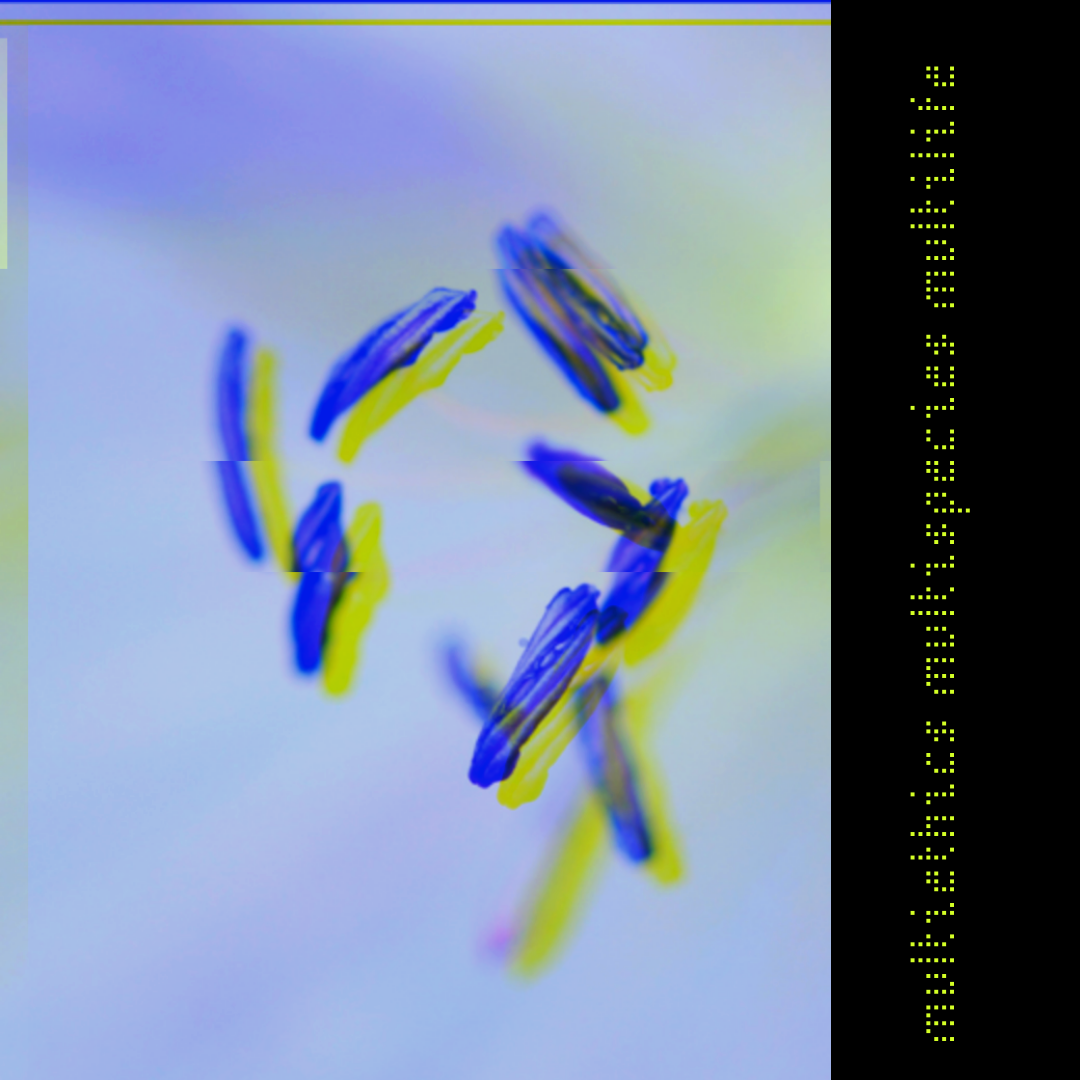
Laura McCullough
Artist Statement: Talking & Listening to Plants
One of my stepsons asked me not long ago why I love gardening so much; I said I don’t, but working with plants and being the steward of a piece of land helps me survive.
Often creating new flowerbeds or turning soil or moving plants to better places where I think they will be happier has helped me channel anxiety or get away from grief. How many irises have I split, gladiola bulbs planted, bee balm and coneflower shoots moved to create new beds, hostas halved, tree limbs pruned? How has my back ached, my boots caked, my tools dulled? All with gratitude for the focus of tending to something other than my own mind, something alive and greening.
In the last few years, on just a little bit under an acre in the center of New Jersey, I’ve planted a potato patch, which has done terribly during increasingly hot and dry summers, and butternut squash fields (I’ve frozen lots of butternut squash soup). I’ve grown the vegetables and herbs that we all love—tomatoes, cucumbers, peppers, zucchini, eggplants, nothing too exotic. I’m particularly fond of herbs, especially rosemary (which I love chopped in honey), basil, and my favorite: lemon balm (added with basil, it makes a fantastic pesto).
But I’ve also become a bonsai practitioner, wild collecting plants (yamadori) as well as buying pre-bonsai or nursery stock and learning about the tradition and aesthetics, and I’ve come to feel that there is a relationship between poetry and Bonsai. For example, the way we use white space and line breaks is similar to the idea of allowing space between branches “for birds to fly through”. There are as many curatorial issues, strategies, and techniques in Bonsai as in poetry. As my mentor Stephen Dunn would say, one has to find a balance between precision and passion in a poem, and I’ve found this to be true in Bonsai, as well.
But that kind of intellectual consideration aside, the truth is that as I took care of my failing father for the last couple of years, it was working in my yard and working on my little trees that kept me going, and that has become the subject of a lot of my poetry. And the experience of finding metaphor in the things that have to go into the soil as nutrients to re-enrich what’s been taken out is at the heart of my poem “Amendment” and seems very much to me like what I experienced while taking care of my father: decay and rebirth are all connected, which is platitudinal, except for when you’re in the middle of it.
Caring for a dying loved one sounds heroic until you are doing it daily. And having a garden or working with plants sounds great except you have to get your hands dirty. Really dirty.
I guess I would say that in order to live, you’ve got to be willing to look into the dark. That’s where the fertility is. In my father’s dying, I, as a daughter, now—through grief—should, if I am lucky, grow more fully into the next stage of my life. The poem’s narrator has started a compost, finally (and it is true, I did start one right after my dad’s death), to start nurturing not just plants but creating the very soil out of which plants grow. It’s another level of stewardship, less overtly rewarding, I suppose, than planting a new flower bed, but ultimately quite crucial for the land literally, and metaphorically is in tandem with my own soul’s growth.
Laura McCullough’s most recent book is Women & Other Hostages (Black Lawrence Press). She lives and writes at the Jersey Shore, USA, where she also practices bonsai.

